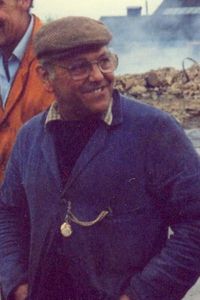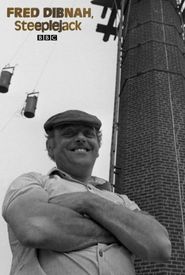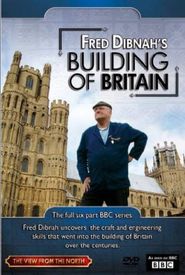Fred Dibnah, a renowned individual, entered this world on April 29, 1938, in the bustling town of Bolton, which is situated within the boundaries of Greater Manchester, in the United Kingdom. Over the course of his life, he would go on to form meaningful relationships with three women, namely Sheila Grundy, Sue Lorenz, and Alison Foster, who would become his wives.

Fred Dibnah
Deceased · Born: Apr 29, 1938 · Died: Nov 6, 2004






















